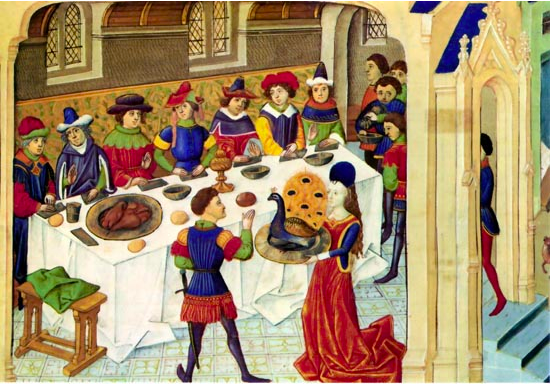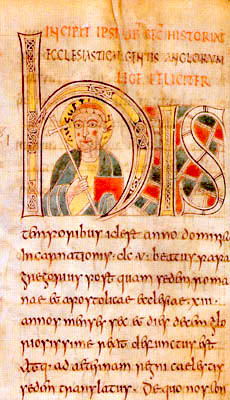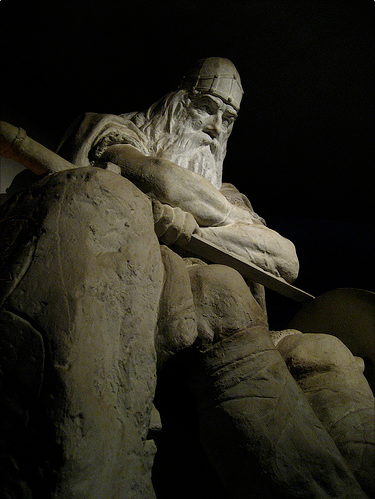[IN FRENCH]
4:00 p.m.
Buchanan Tower 826
“La légende du cœur mangé”
Références des exemples:
- Lai Guiron: Manuscrit de Cambridge, D.D. 15.12, édition en ligne ABU Textes.
- La vida de Guilhem de Cabestanh: Manuscrits FbIK, éd. J. Boutière et I.M. Cluzel, Biographies des troubadours, Paris, Nizet, 1964, p.530-531.
- Le Roman du Chastelain de Coucy: L’Histoire du châtelain de Coucy et de la dame de Fayel, publié par l’imprimeur G. A. Crapelet, 1829 (Google Books).
Traductions des exemples: Chantal Phan
Autre version française (en prose, 15e s.):
- Le livre des amours du Chastellain de Coucy et de la Dame de Fayel, éd. A. Petit et F. Suard, Presses universitaires de Lille, 1994.
Pour en savoir un peu plus:
- Mariella Di Maio, Le coeur mangé, Histoire d’un thème littéraire du Moyen Age au XIXe siècle, Paris, Presses de l’Université de Paris-Sorbonne, 2005.
- Jean-Jacques Vincensini, « Figure de l’imaginaire et figure du discours. Le motif du ‘coeur mangé’ dans la narration médiévale », in: Le ‘Cuer’ au Moyen Age, Eds. du C.U.E.R.M.A. (Senefiance no. 30), 1991, p.439-459.
- Caroline Walker-Bynum, Holy Feast and Holy Fast, Berkeley, University of California Press, 1988.
UBC Department of FHIS, French Research Seminar / Séminaire de recherche en études françaises et francophones: special 2012 “microlectures” series
Une nouveauté cette année : nous avons décidé de nous doter d’une thématique qui nous servira de fil conducteur pour aborder certaines questions fondamentales de méthodologie et pour interroger la relation critique entre le lecteur et le texte. À partir du thème « Les écrivains passent à table », quelques professeurs du département viendront tour à tour présenter une « microlecture » d’un court extrait tiré d’une œuvre littéraire de leur choix (toutes époques et tous genres confondus). Cette lecture sera elle-même le point de départ d’une discussion à laquelle tous seront invités à prendre part. Scène de repas ou d’indigestion, de privations ou d’excès, recette réelle ou fantaisiste inséré dans un récit, poème faisant l’éloge ou la critique de tel ou tel aliment, réflexion alimentaire employée comme métaphore pour parler d’autre chose, éloge du bon goût en littérature et en gastronomie, etc. Tout est a priori matière à analyse. Le thème servira avant tout de prétexte à une lecture qui, suivant l’intention (et l’humeur ?) de chacun, sera tantôt classique ou provoquante, démonstrative ou interrogative. Il s’agira avant tout de montrer comment, à partir d’un même objet, et en suivant différentes approches et différentes méthodes, il est possible d’articuler des discours critiques contrastés, complémentaires ou encore inconciliables.
Le troisième numéro de la revue Littérature Histoire Théorie (sur le site Fabula) est consacré à la microlecture.
À consulter, particulièrement pour l’introduction éclairante de Marc Escola, “Complications de texte: les microlectures”
http://www.fabula.org/lht/sommaire254.html



 12:00 noon
12:00 noon
